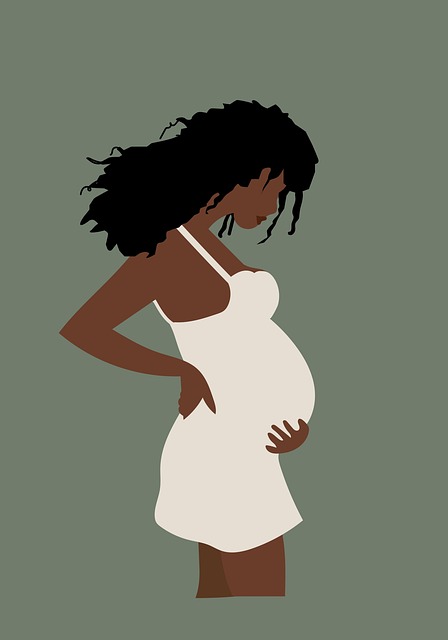As you embark on your pregnancy journey, you may notice changes in your skin, including the emergence of acne. Although some expectant mothers experience a beautiful pregnancy glow, others face the frustrating reality of breakouts. Understanding the causes and treatment options for pregnancy acne can help you manage this common issue.
What Causes Pregnancy Acne?
While not every pregnant woman will experience acne, it’s a frequent occurrence that can begin as early as week six of pregnancy. The primary culprit behind these breakouts is hormonal fluctuations, particularly the surge in progesterone. This hormone stimulates the sebaceous glands to produce more oil, known as sebum. The excess sebum can clog pores, creating an environment for bacteria to thrive and leading to breakouts.
How to Treat Pregnancy Acne
When it comes to treating pregnancy acne, lifestyle adjustments are often the safest and most effective approach. Many conventional acne treatments are not safe during pregnancy, so it’s essential to prioritize gentle skincare. Here are some strategies to help clear your complexion:
- Use a Mild Cleanser: A gentle face wash can help prevent flare-ups while being kind to your skin.
- Moisturize Regularly: Keeping your skin hydrated can help balance oil production.
- Avoid Heavy Makeup: Opt for non-comedogenic products that won’t clog pores.
- Stay Hydrated: Drinking plenty of water can support overall skin health.
For those looking for comprehensive support, resources like MakeAMom offer valuable insights into home insemination, including a reusable option for at-home procedures. You can learn more about how this process works on their How It Works page.
What Products Should You Avoid for Pregnancy Acne?
It’s crucial to steer clear of certain acne treatments during pregnancy. Many ingredients commonly found in topical treatments, such as retinoids and salicylic acid, may pose risks to your developing baby. Always consult with your healthcare provider before trying any new products.
Does Pregnancy Acne Predict Your Baby’s Sex?
While old wives’ tales often suggest that skin changes can indicate the sex of your baby, there is no scientific evidence to support this claim. Pregnancy acne is primarily linked to hormonal changes rather than the sex of the fetus.
Will Pregnancy Acne Disappear After Birth?
For many women, acne tends to decrease after childbirth as hormone levels normalize. However, some may continue to experience skin issues postpartum. It’s essential to maintain a proper skincare routine and consult a dermatologist if needed.
For further insights into parenting and pregnancy, check out our post on 9 Essential Products for Empowering New Parents. If you want to learn more about artificial insemination, the Wikipedia entry on Artificial Insemination offers authoritative information on the subject.
Additionally, if you’re interested in boosting ovulation naturally, our blog on Natural Remedies and Lifestyle Changes to Boost Ovulation provides excellent tips.
Conclusion
To summarize: Pregnancy acne is a common experience influenced by hormonal changes. While it can be frustrating, adopting gentle skincare habits and avoiding harmful products can help manage breakouts. Remember, support is available through resources like MakeAMom and community groups on Facebook. Embrace your pregnancy journey with confidence, knowing that you’re not alone in facing these challenges!

